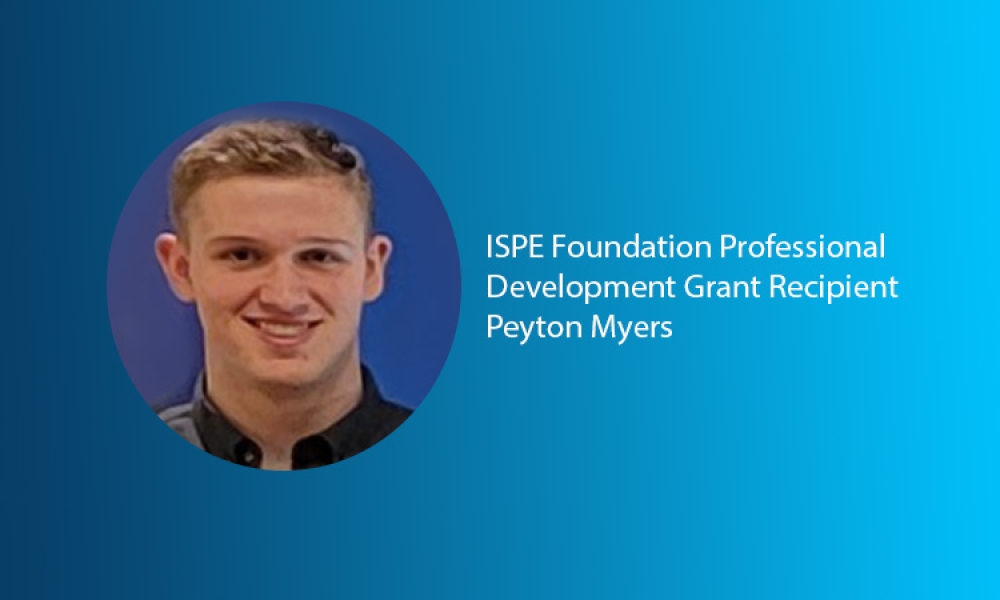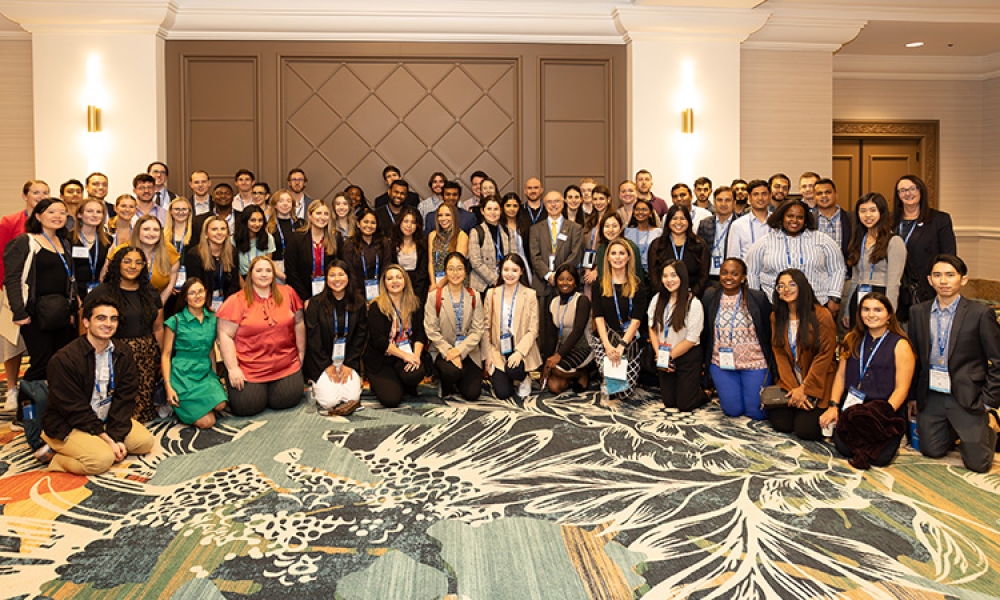Dynamic Keynotes Kick-Off 2016 ISPE Annual Meeting & Expo


The 2016 ISPE Annual Meeting & Expo began on Sunday, September 18, 2016, with opening remarks from Joseph Famulare, outgoing Chair of ISPE’s Board of Directors and John Bournas, ISPE CEO and President. John noted that the organization had received a record 255 abstracts for this conference, indication of ISPE’s global knowledge base. He also discussed the implementation of ISPE’s strategic plan, saying that several topics requested by members—Biotechnology and Facilities of the Future—were the subject of conferences that would be held later this year. He also highlighted new global training partnerships with Institute of Technology Management, St. Gallen University, and Dublin’s National Institute for Bioprocessing Research & Training. Following John’s remarks, Joseph Jimenez, CEO of Novartis and Honorary Conference Chair, gave the first keynote presentation, “Reimagining Medicine.”
As the world’s population gets older, larger, and sicker, he said, Novartis has developed new business models to meet the medical demands of the future. “These changes are putting a financial strain on health systems; medical costs are currently on track to double by 2030. This means increased pricing pressure. To succeed, we must reimagine medicine – how we innovate, operate, and bring those medicines to market,” Jimenez explained. Novartis’s commitment to innovation has allowed the company to produce one of the first targeted therapies for leukemia, the first vaccine to protect all age groups against meningitis, and the first oral therapy for multiple sclerosis. But innovation is just one way Novartis is reimagining medicine.
The second way, he said, is through technology: Novartis developed partnerships with Google, MIT, and others to bring biology and technology together. The company is also “reimagining” how they operate to increase capacity, enhance quality, and lower cost. Finally, Novartis is changing how it operates. “We must lead with integrity and ethics,” he said. “This means changing promotional practices, building new capabilities and tools, and rewarding associates based on our values.” The afternoon’s second keynote presentation was “The CAR T Revolution in Treating Leukemia,” given by Stephen Grupp, MD, PhD, Children's Hospital of Philadelphia. Dr. Grupp described his groundbreaking work with chimeric antigen receptors (CARs) in treating acute lymphoblastic leukemia, the most common cancer in children. While conventional therapy produces 80+% relapse-free survival in children, those who do relapse face difficult odds. “Only 1/3 of this group goes back into remission.” Dr. Grupp explained, because their cancers often become therapy resistant. Dr. Grupp and his team have developed treatments using CARs to redirect the immune system. “We’re creating a molecule that doesn’t exist in nature,” he said. Because the cancer doesn’t recognize it, the T cells are able to attack the cancer effectively. The results are promising. Dr. Grupp’s tests show that the CARs proliferate and persist in patients’ bloodstreams, potentially fighting off future relapses. “We can not only control disease,” Dr. Grupp says, “but we can bring patients to remission, even if they have cancer in their brains and spinal fluid. “That’s what we hope to offer to people around the world,” he concluded.


